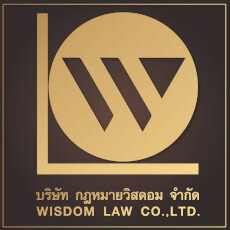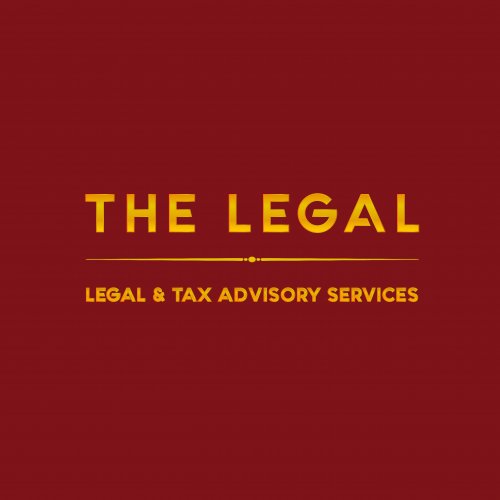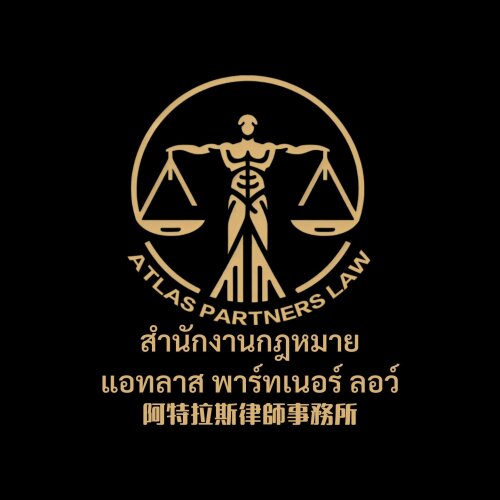Best Advertising and Marketing Lawyers in Thailand
Share your needs with us, get contacted by law firms.
Free. Takes 2 min.
Or refine your search by selecting a city:
List of the best lawyers in Thailand
Legal guides written by Mahanakorn Partners Group Co., Ltd:
- Thailand Strengthens Anti-Money Laundering Laws with New Amendments
- Recent Updates to Thailand’s Long-Term Resident (LTR) Visa and SMART Visa Programs
- Managing Risks in Public-Private Partnership Projects
About Advertising and Marketing Law in Thailand
Advertising and marketing in Thailand are governed by a comprehensive set of laws and regulations, ensuring fair competition and protecting consumers from misleading claims and practices. The primary focus of these laws is to regulate the content, medium, and manner of advertisements to avoid deceptive marketing strategies and protect public interest. The key regulatory bodies governing advertising in Thailand include the Office of the Consumer Protection Board (OCPB) and the National Broadcasting and Telecommunications Commission (NBTC). Compliance with these regulations is crucial for businesses to operate effectively within the Thai market.
Why You May Need a Lawyer
There are several situations where legal advice can be essential for businesses involved in advertising and marketing in Thailand:
1. Misleading Advertising: If your advertisements are accused of false or misleading claims, a lawyer can help navigate the complaints process and mitigate potential penalties.
2. Trademark and Copyright Issues: When advertising involves intellectual property, legal guidance is crucial to avoid infringing on others' rights.
3. Compliance with Local Laws: Understanding and complying with local advertising regulations can be complex; a lawyer can ensure your campaigns meet all legal requirements.
4. Disputes with Regulatory Authorities: If you encounter issues or disputes with entities like the OCPB, a legal professional can advocate on your behalf.
5. Contractual Agreements: Lawyers assist in drafting and reviewing contracts with marketing agencies, ensuring all terms are fair and legally binding.
Local Laws Overview
Several key laws regulate advertising and marketing in Thailand:
1. Consumer Protection Act: This act outlines the requirements for advertising, ensuring they are not false or misleading and that advertisements are clear to consumers.
2. Trade Competition Act: This law prevents unfair business practices and regulates claims that could potentially harm competition.
3. Trademark Act and Copyright Act: Protect intellectual property rights related to advertising content, ensuring trademarks and copyrighted materials are used legally.
4. Food and Drug Administration Regulations: For products like food, drugs, and cosmetics, specific guidelines must be met to advertise in Thailand.
Frequently Asked Questions
What constitutes misleading advertising in Thailand?
Misleading advertising involves making false claims about a product's effects, benefits, or pricing. It's crucial to provide accurate information to consumers.
Do I need to register my advertisement with a government body before publishing?
For certain products, especially those regulated by the Thai FDA, pre-approval of advertisements is required.
How are social media advertisements regulated in Thailand?
Social media ads must also abide by the same laws that govern traditional media, ensuring truthfulness and non-deceptiveness in content.
What penalties can be imposed for non-compliance with advertising laws?
Penalties can include fines, suspension of advertising privileges, and in severe cases, legal proceedings against the business.
Are there specific rules for advertising alcohol and tobacco in Thailand?
Yes, advertising these products is heavily restricted, with specific guidelines on content and placement to prevent targeting minors.
What are the advertising guidelines for online businesses?
Online businesses must comply with the Electronic Transactions Act and other relevant digital advertising regulations.
How can I ensure my advertising is culturally appropriate?
Engage with local marketing experts and legal advisors to understand cultural norms and sensitivities.
Can foreign companies advertise in Thailand?
Yes, foreign companies can advertise, but they must adhere to Thai laws and may require a local agency to assist with compliance.
What is comparative advertising, and is it allowed?
Comparative advertising involves comparing a product with a competitor's product. It is allowed but must be done fairly and truthfully.
How often are advertising regulations updated in Thailand?
While there isn't a fixed schedule, regulatory bodies may update rules based on market changes, technology advancement, or consumer protection needs.
Additional Resources
Several resources can be helpful for legal advice in advertising and marketing:
Office of the Consumer Protection Board (OCPB): The primary body handling consumer rights and complaints.
National Broadcasting and Telecommunications Commission (NBTC): Regulates broadcast and telecommunication advertising.
International Advertising Association (IAA) Thailand Chapter: Offers insights and networking opportunities in the advertising industry.
Thai Chamber of Commerce: Provides resources and support for businesses on compliance and best practices.
Next Steps
For those in need of legal assistance in advertising and marketing, consider the following steps:
1. Consult with a Specialized Lawyer: Engage a legal expert familiar with Thai advertising laws to assess your specific needs.
2. Conduct a Legal Audit: Review your current advertising materials and strategies to identify potential compliance issues.
3. Stay Informed: Keep up-to-date with the latest changes in laws and regulations to ensure continued compliance.
4. Training for Marketing Teams: Invest in regular training sessions for your marketing team, ensuring they understand the legal boundaries and cultural expectations in Thailand.
5. Contact Relevant Authorities: If in doubt, reach out to governmental bodies like the OCPB for guidance on legal requirements for your advertising campaigns.
Lawzana helps you find the best lawyers and law firms in Thailand through a curated and pre-screened list of qualified legal professionals. Our platform offers rankings and detailed profiles of attorneys and law firms, allowing you to compare based on practice areas, including Advertising and Marketing, experience, and client feedback.
Each profile includes a description of the firm's areas of practice, client reviews, team members and partners, year of establishment, spoken languages, office locations, contact information, social media presence, and any published articles or resources. Most firms on our platform speak English and are experienced in both local and international legal matters.
Get a quote from top-rated law firms in Thailand — quickly, securely, and without unnecessary hassle.
Disclaimer:
The information provided on this page is for general informational purposes only and does not constitute legal advice. While we strive to ensure the accuracy and relevance of the content, legal information may change over time, and interpretations of the law can vary. You should always consult with a qualified legal professional for advice specific to your situation.
We disclaim all liability for actions taken or not taken based on the content of this page. If you believe any information is incorrect or outdated, please contact us, and we will review and update it where appropriate.
Browse advertising and marketing law firms by city in Thailand
Refine your search by selecting a city.

















